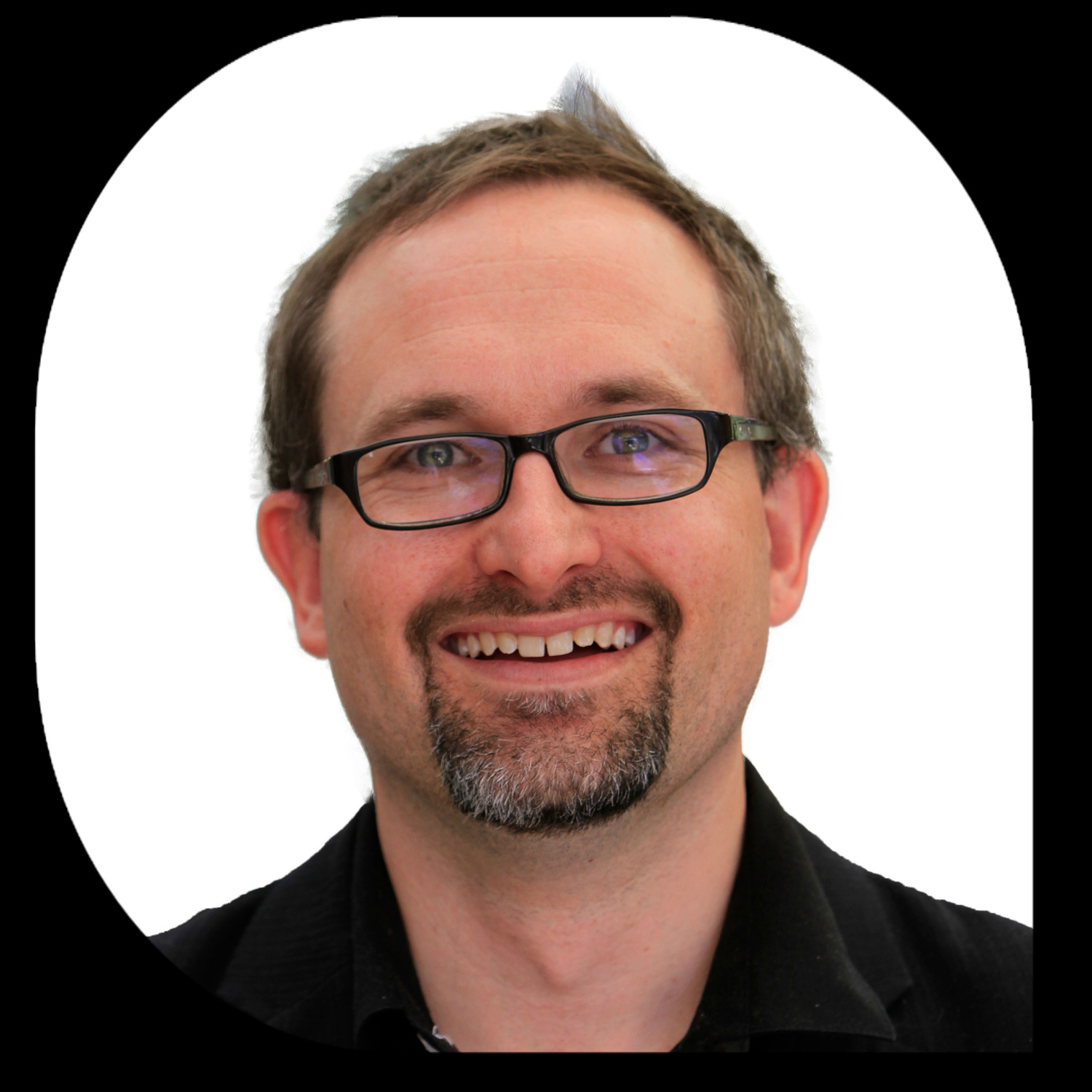“Booralie” Virtual World for High School Learning
"Second Life" is free software that connects you to a 3D virtual space, shared and built by 100,000s of other virtual citizens.
My colleague Mark Liddell and I are presenting at an educators conference that takes place within this virtual world. The virtual world has an audio channel, so you'll be able to hear us speaking and see the slides we present.
We are presenting on our experience of using a 3D virtual space for our High School students. This virtual space we have called "Booralie Island". It is cut off entirely from the adult Second Life virtual world where we are presenting. Booralie Island is only for the students and teachers of our school.
We established the island at the start of this year. We've been using it for both open-ended projects with the students, but also for targeting specific skills.
Below is a summary of what we're presenting. If you'd like to join us but don't have a Second Life account, or have never used it, that's not a problem. Go to
www.secondlife.com
and sign up – follow the instructions to get into the virtual world. You'll appear in a special tutorial area. Find your way out of the tutorial area and onto the main part of Second Life. Then click here and you'll be teleported to right where we're presenting: http://slurl.com/secondlife/jokaydia%20II/231/177/25
The Presentation:
I'm going to start by introducing how we established the island at the start of the year, offering to register students early if they were willing to be 'moderators' of the island.
I also wrote the "Booralie Charter" to which every participant must agree:
We know that in Booralie, this is how we will…
…be
Our real life names we may choose to give out, or we may choose to keep tucked away. Our teachers know who we are. We're all in this together at Booralie. We always work hard to include everyone in our projects, activities and conversations.
…speak
Booralie is for open, public conversations. We will keep private conversations for real life. In Booralie we'll say exactly what we mean so we understand each other.
…work
We'll come into Booralie at the right times that suit our real life.
…enjoy
In Booralie, laughter comes from good times together, and successes.
…create
Everything we do, say or build will make Booralie better. We're in Booralie to learn, explore, build, perform and collaborate.
…share
We are all teachers in Booralie, sharing knowledge and skills freely and actively with each other.
I was very careful to keep statements in the affirmative, and keep them all-encompassing.
I'll describe our registration process to – essentially any student over 13 years old can 'opt-in' and get an account to access the world, but can only login at home with parental permission. Meanwhile we also register swathes of students whose teachers have set them up to use the environment in class.
All the way through our journey I've in mind that we're experimenting and trying to seek out effective practices. Some ideas will work, some won't, but I personally have two key criteria for good use of technology for learning:
- LOW INPUT – must require minimum effort on the part of the teacher.
- HIGH IMPACT – conversely, must have a real and powerful impact on the students' learning.
There are three broad categories of learning activities that take place in Booralie Island. We'll look at them one by one.
The first category is structured activities, run by class teachers for their classes, targeting specific student outcomes.
The second category is unstructured student collaboration, driven entirely by students. Almost every building on the island has been built from scratch by teams of students – they teach each other how to build, and how to program the world to behave in ways they've envisaged. Students do this in their own time, under no compulsion, but they're developing creativity, project-management skills, and collaboration skills that will last them a lifetime.
The third category is establishing a culture of celebration that draws in student creativity well beyond our little island. We have an in-world virtual Art Gallery, Bookstore, and live radio station, showcasing real-world art, text, and audio from across our whole school, Kindie to Year 12.
Here are the images for our presentation:
